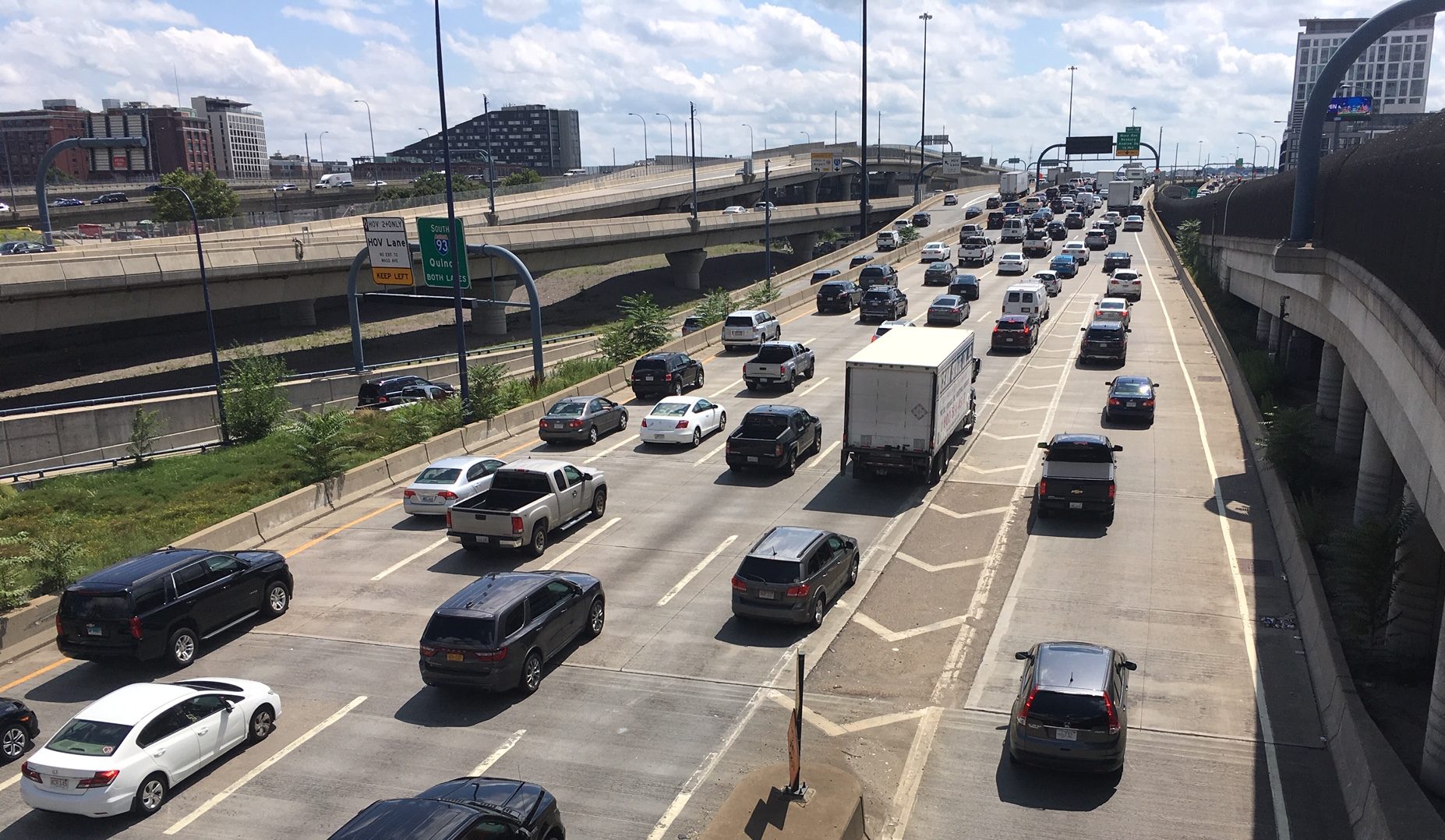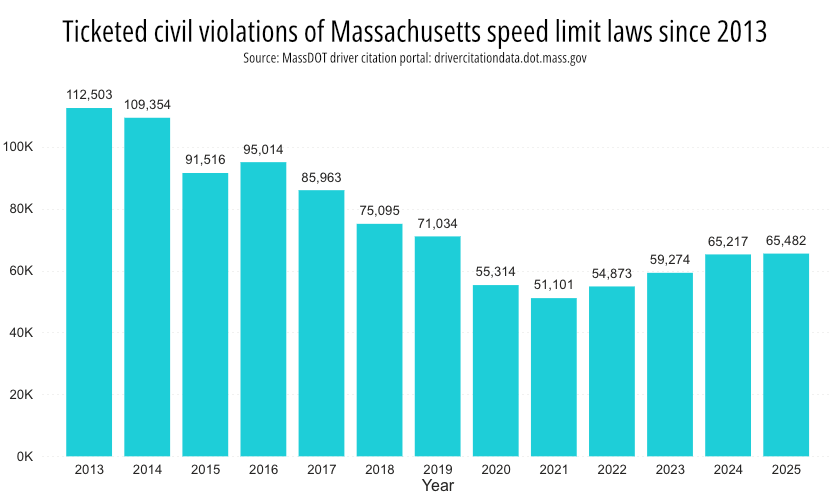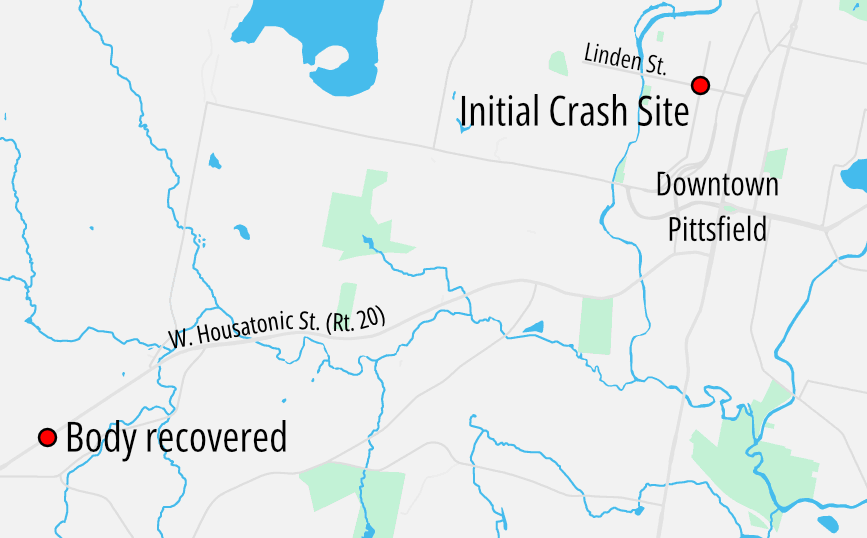It's official: Massachusetts will join Connecticut, Rhode Island, and the District of Columbia in a new "cap-and-trade" program that will start charging gasoline and diesel fuel suppliers fees for their climate pollution by 2023.
The "Transportation and Climate Initiative," or TCI, is modeled on the Regional Greenhouse Gas Initiative (RGGI), which has been regulating emissions from the region’s electric power plants since 2008. By making fossil-fueled power plants pay for the emissions they generate, RGGI has encouraged utilities to shut down older coal-burning plants while also generating billions in new public revenue that states have used to fund energy efficiency programs and to lower residents’ electric bills.
Now, several states that participate in RGGI are looking to apply the same concept to fossil fuels used for transportation, which is the region’s biggest source of climate-heating pollution.
In 2016, Massachusetts motorists pumped about 32 million metric tons of climate-baking pollution into our skies. TCI aims to reduce that volume of pollution by about 30 percent within the next 9 years.
During a webinar on Monday afternoon, Kathleen A. Theoharides, Secretary of the Massachusetts Executive Office of Energy and Environmental Affairs, estimated that the program would generate about $130 million a year in new revenue for Massachusetts, "based on where we are setting the initial cap."
A significant portion of TCI's revenue is likely to be set aside to fund transit, bike, and pedestrian improvements, in order to give New Englanders more options to get around without burning gasoline. A minimum of 35 percent of that new funding would be spent in historically underinvested communities to help address the disproportionate impacts of tailpipe pollution in those neighborhoods.
Though only three states and the District of Columbia have committed to the initial implementation of TCI, about a dozen other northeastern and mid-Atlantic states have signed a supportive memorandum, expressing interest in potentially joining the program later.
"There's a strong commitment from the rest of the region to continue working with us... We will have them at the table, and they continue to work in good faith on joining the program," said Theoharides.






